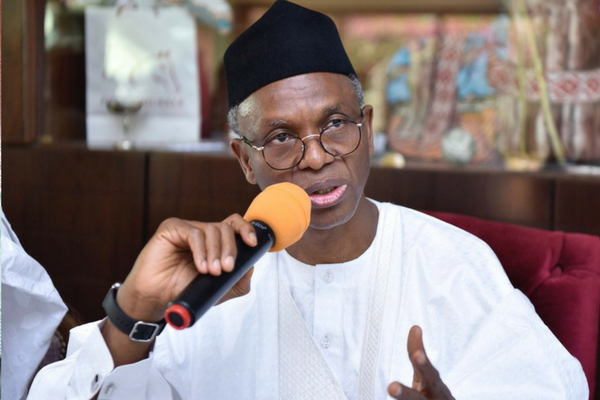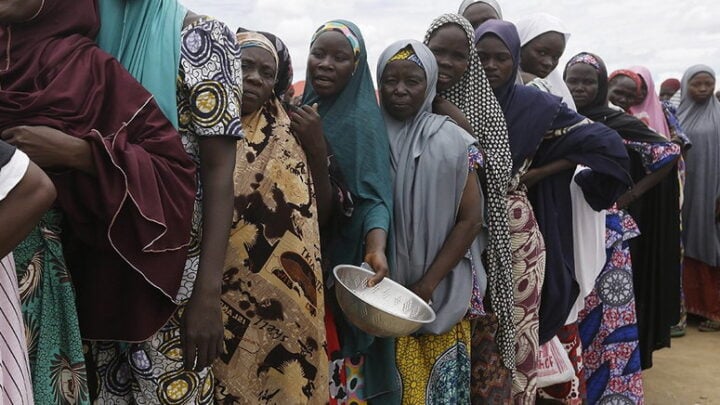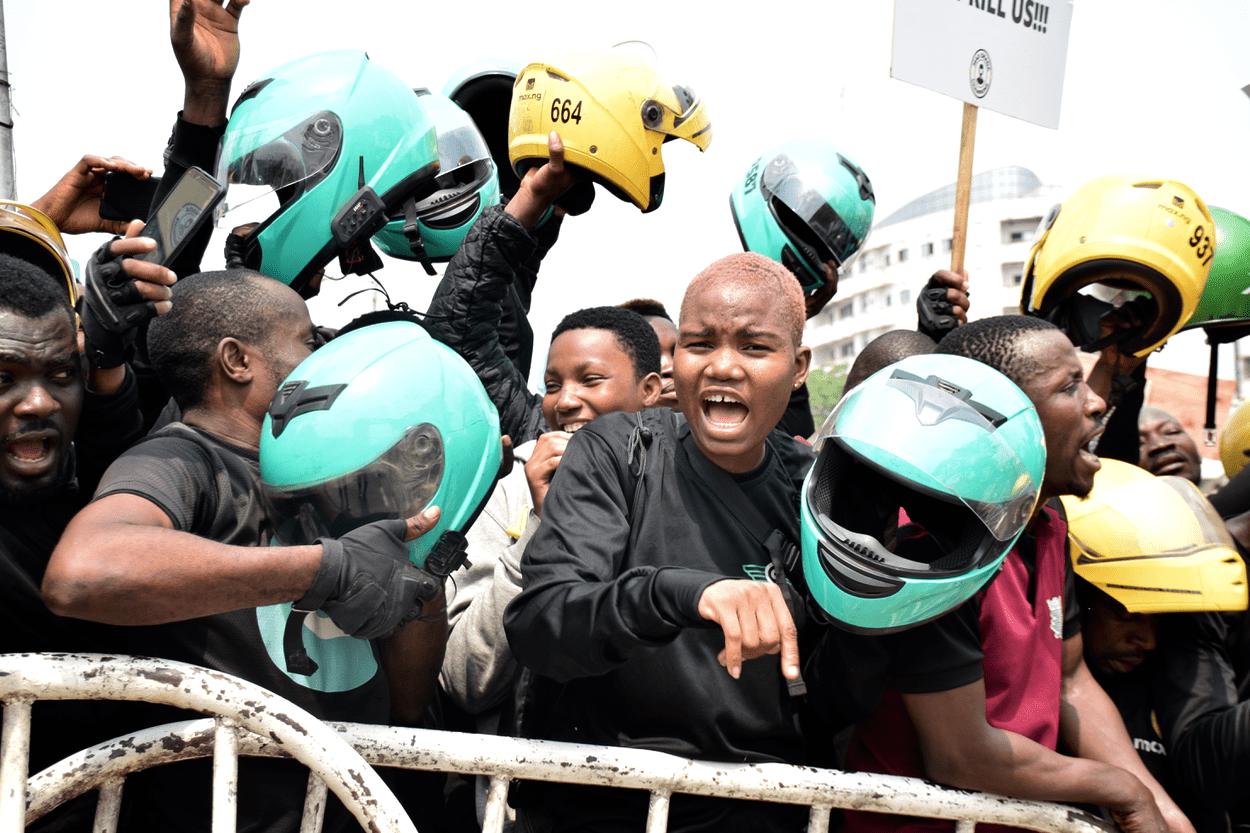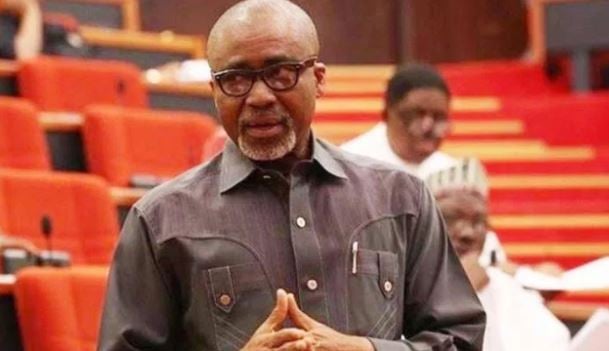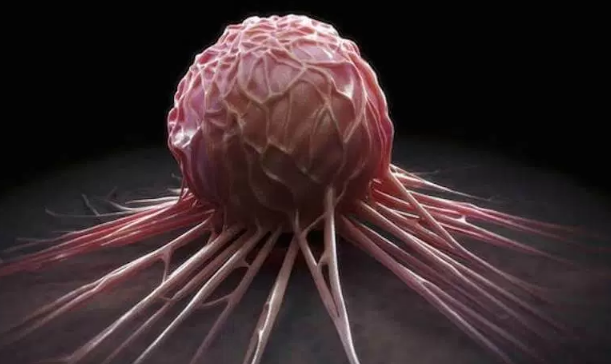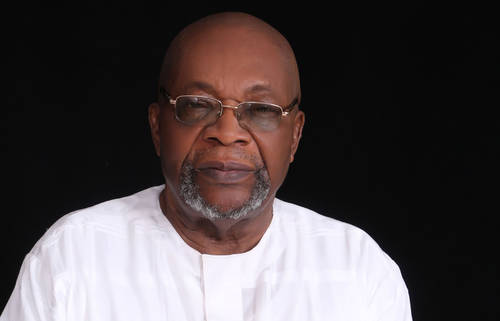El-Rufai
BY MUSTAPHA IKOLABA
For the pastoralist, herding cattle is more than a business venture because it is a way of life for most of them. Chasing pasture from north to south has been an endless transhumance cycle for them, facing the elements, wild beasts and various harassment as they criss-cross villages, towns or even countries. In recent times, the clashes between herdsmen and farmers have been occurring quite frequently , with a heavy death toll. In some areas, these clashes have threatened the peaceful coexistence of Nigeria. For this reason, the federal government has been mulling over how to solve the problem.
Significantly, these clashes were few and far between in the past because grazing routes were created all over sub-Saharan Africa. This enabled the pastoralists to have a free movement along with their livestock in search of arable lands to graze. This practice has been sustained for long and the end of colonialism did not signal the end of grazing routes. Political developments in Nigeria which saw the creation of more states and the enactment of a Land Use Act in 1978, put all land under the control of states without corresponding laws to preserve grazing and stock routes. Inevitably, farming activities, population explosion and development encroached on these grazing routes, leading to conflict with trans-human pastoralists. Particularly, lives and property have been lost in Kaduna, Benue, and Plateau states, to mention but a few areas. Several families have been displaced as a result of these conflicts, especially in the North Central geopolitical zone.
In the wake of this development, several proposals have been made to solve this challenge with most being met with fierce criticism from different stakeholders in the country. On January 17, 2018, Vice President Yemi Osinbajo had set up a ten-man committee to address the widespread farmers/herders clashes across the country. The committee had nine governors as members and they include Governor Abdullahi Umar Ganduje of Kano state, Alhaji AbdulAzeez Yari, the ex Zamfara state governor and Governor Nasir El Rufai of Kaduna state as well as Alhaji Jibrilla Bindow, the former Adamawa state governor. The rest members of the committee are Governor Samuel Ortom of Benue state, Arch Darius Ishaku, the Taraba state governor as well as Mr Godwin Obaseki, Simon Lalong and David Umahi governors of Edo, Plateau and Ebonyi states respectively. After the NEC meeting, Ganduje addressed the press and said that ‘’the committee is expected to work in accordance with commensurate commitment to ensure that all perpetrators of violence are brought to book.’’
Afterwards, the NEC committee had submitted its report and it recommended the adoption of ranching in some of the states that are most affected by farmers/herdsmen clashes as a way to end them. In particular, the states where ranching was recommended are Zamfara, Nasarawa, Adamawa, Taraba and Benue. Specifically, the committee recommended that their state governments should allocate land for this purpose. That was never done.
Advertisement
Another suggestion that was given by Chief Audu Ogbe, the then Minister of Agriculture was the establishment of cattle colonies in different parts of the country. According to him, 16 states in the country had offered land for these colonies, adding that President Muhammadu Buhari also promised to help the ministry with money for the project. Although the description given by the then minister points at the idea of ranching, but the wrong choice of the terminology, “cattle colony”, made it dead on arrival. Without consultation, Chief Ogbe had voiced out ‘’government plans’’ to set up cattle colonies across the country. The minister who was on a working visit, spoke at the agriculture and veterinary complex of Ahmadu Bello University, Zaria. Categorically, Ogbe had said work on cattle colonies will ‘’commence that week’’ . Nothing happened.
In 2019, President Muhammadu Buhari tried to create Rural Grazing Area (RUGA) settlements. His decision was met with fierce criticism; while some states saw it as a welcomed development and a solution to the farmers-herders crisis, many saw it as a fuel that would only increase the already burning fire, leading to an outcry from many corners and eventually leading to the death of the idea.
However, Governor Nasir El Rufai of Kaduna state, someone who has a penchant of taking the bull by the horns, pointed the way out of the confusion surrounding a solution to the farmers/herders conflict last week. The visionary governor took advantage of gazetted grazing reserves in the state to establish cattle grazing settlements and milk farm project at Damau in Kubau Local Government Area of the state. Specifically, El Rufai performed the ground breaking of a 14,000 Capacity Household Milk Farm, a Public-Private Partnership with the Danish dairies giant, Arla and Miyetti Allah Cattle Breeders Association of Nigeria(MACABAN). In fact, the project started with the signing of a Memorandum of Understanding between Arla and the Kaduna state government on September 9, 2019. Afterwards, as part of its commitment, government is building about 89km road in Kubau Local Government Area to help farmers and residents alike transport their goods and farm produce efficiently. Basic amenities such as schools, healthcare facilities, police posts, markets, veterinary clinics and other facillities that will be provided for the pastoralists. The state government will also provide 1000 Certificates of Occupancy to each cattle farmer for his land which will have an apartment, a cowshed and a grazing area for his animals. According to the governor, the project is designed to improve the output of milk from 20 litres a day to 200 litres a day per cow. Arla will collect the milk produced and manufacture various dairy products and the proceeds will be remitted to the farmers.
Advertisement
The 9,000 hectares Household Milk Farm will have fourteen thousand cows assembled for milk, yoghurt and beef production. The project is designed to unify and centralize the activities of herders under a single community and to transform the livestock value chain from subsistence to commercial animal husbandry, while eradicating the perennial conflicts associated with these activities. Governor ElRufai, while addressing guests at the groundbreaking event of the project that took place on January 17, noted that the long term goal is to eradicate the nomadic way of life for cattle herders. The project will also empower local farmers and improve the security of lives and property in the state. He promised that the same kind of arrangement will be replicated in other gazette grazing areas across the state.
Indeed, the governor’s giant step is the panacea for the herders/farmers conflicts, adding value to milk and beef production as well as creating jobs for the people of Kaduna state, hoping that other states will borrow a leaf.
Ikolaba is a special assistant on media and communication in Kaduna state government.
Advertisement
Views expressed by contributors are strictly personal and not of TheCable.
Add a comment
